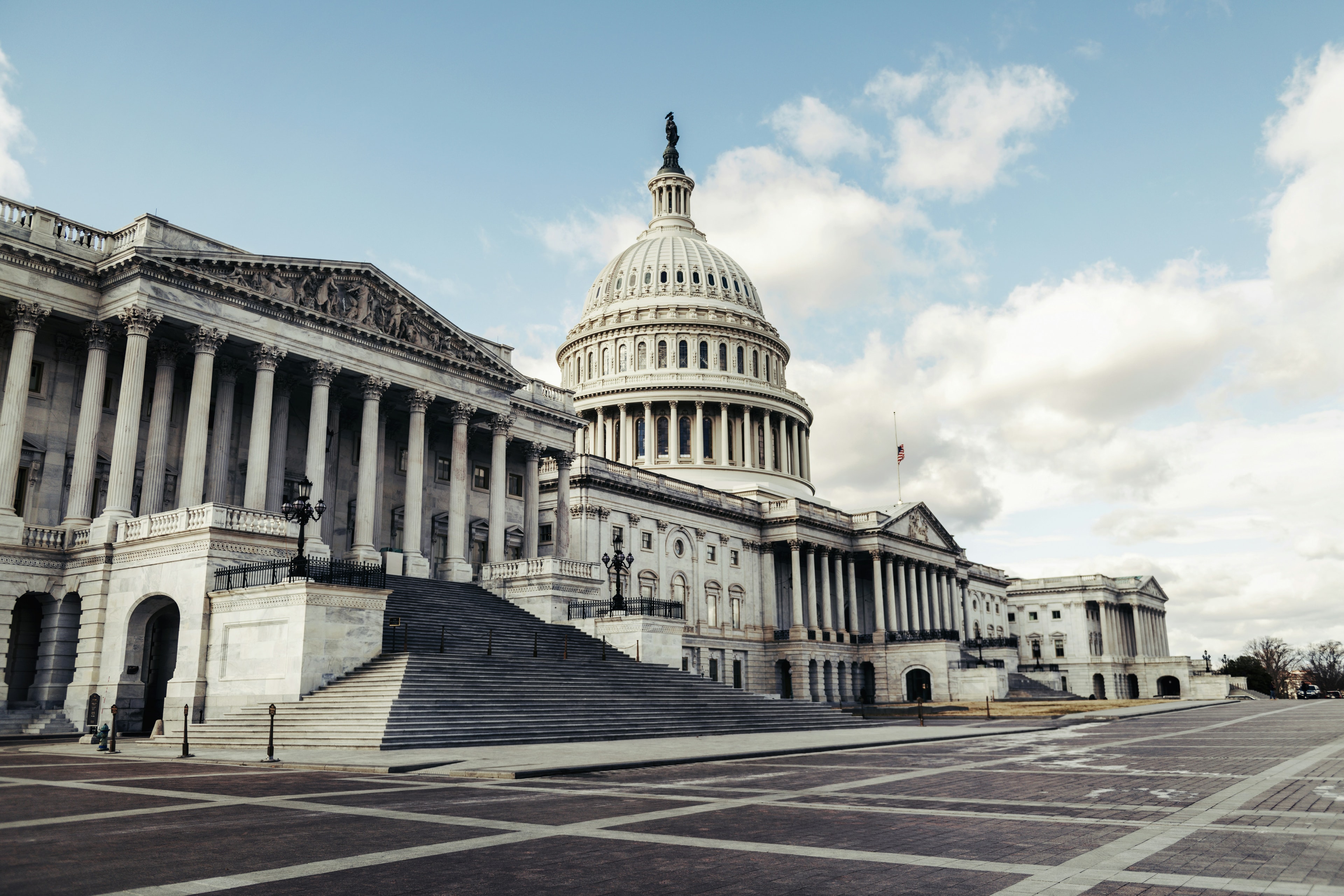A quiet but pivotal battle over the future of artificial intelligence governance is unfolding across the United States. On June 6, 2025, Texas lawmakers delivered a clear message by passing landmark legislation aimed at fortifying data privacy and accountability in AI systems. Their move came in direct response to a controversial federal proposal that would impose a moratorium on state-level AI regulations, sparking a fierce debate over the balance of power between state and federal oversight.
The Texas bill, crafted with bipartisan support, introduces stringent controls designed to curb the misuse of AI. It prohibits AI systems from promoting criminal activity or unlawful discrimination, mandates transparency in government AI deployments, and forbids the collection of biometric data without explicit consent. These measures reflect mounting public concern over the unchecked use of AI technologies in sensitive areas of daily life, from law enforcement to healthcare.
The federal proposal, embedded within a broader tax bill, has galvanized opposition from a broad coalition of state officials. More than 250 state lawmakers and 40 state attorneys general have voiced strong resistance, arguing that a one-size-fits-all federal approach would undermine states’ ability to protect their citizens in an era of rapid technological change. In their view, state-level action is not only necessary but urgent, given the absence of comprehensive national AI regulations.
